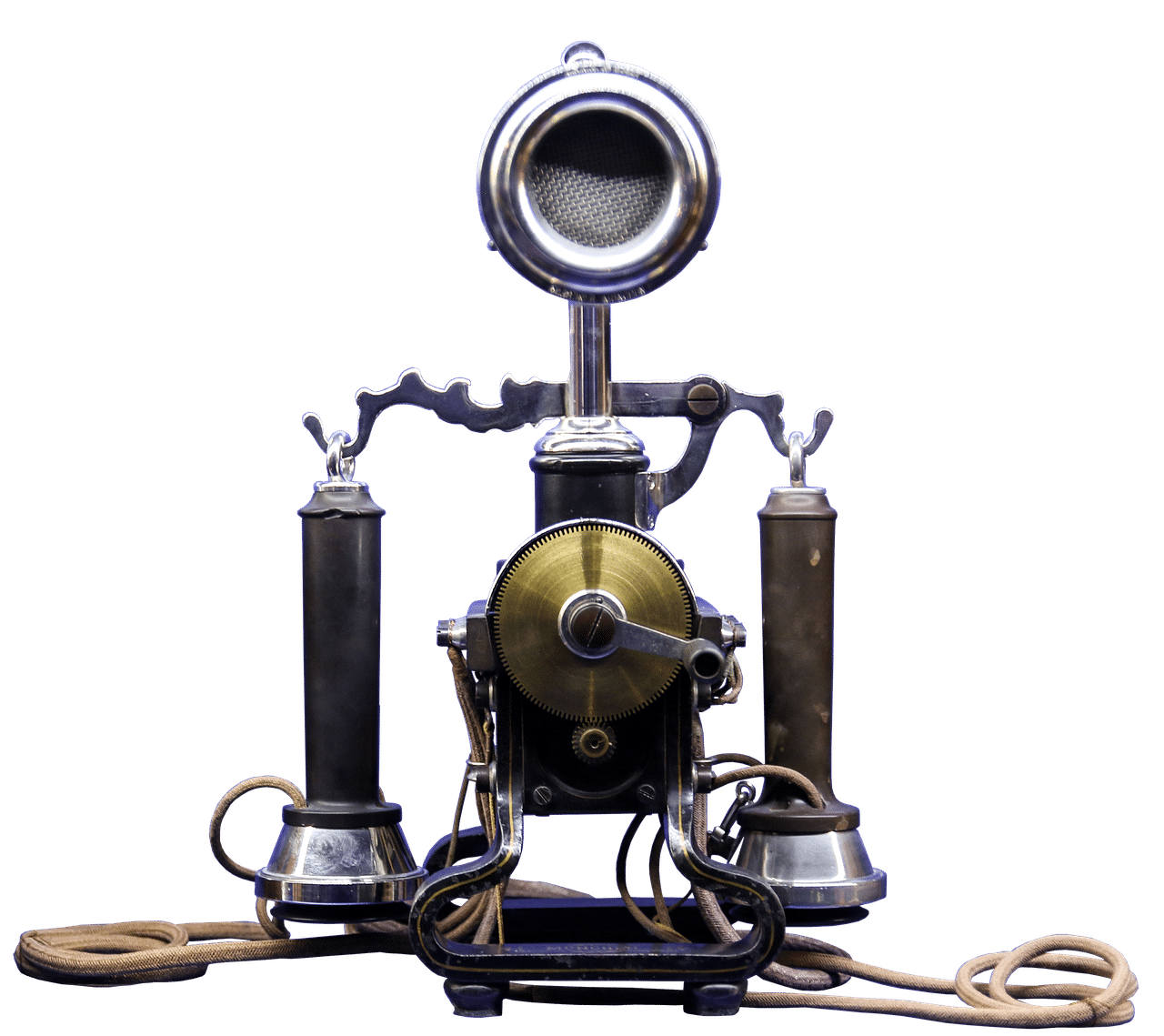
Of the most absurd political discussions that I have had to experience, without a doubt the worst is that of those who believe that what determines whether an organization is efficient or not is whether it is administered by the State or by private companies. Both are equally absurd because people are equally (un) capable in the same proportion in either of the two.
In any case, each of the types has specimens of their own. For example, Bell laboratories had to suffer two classes of individuals that swarm in the State; the demagogues and the crusaders.
The demagogues, take office by popular vote and do anything to obtain it. That is why they are looking for any quick and momentary success that they can capitalize on in the next election. The Crusaders are career civil servants who are convinced that if they do not apply the rules to the letter, the Western and Christian world (replace by the appropriate hemisphere, religion or political philosophy) will irretrievably collapse.
AT & T's telephone monopoly, made up of the parent company, a number of local telephone providers, a telephone equipment manufacturer (Western Electric), and Bell Labs long provided a decent phone service to millions of users in the US at a reasonable price. Its employees earned comparatively high salaries, and Bell Labs research contributed to the nation's scientific, technological, and military leadership.
However, this was not enough for the demagogues and crusaders. The former wanted even lower prices for the telephone subscription. The latter were angry at not being able to strictly enforce antitrust legislation.
Throughout its history, AT&T gave in on minor issues. It resigned from continuing to buy telephone providers and restricted the sale of telephone equipment only to the local market.
In 1949 the Department of Justice went by Western Electric, the equipment manufacturer. They wanted AT&T to compete for prices with other competitors. The lawsuit was settled some years later with the intervention of officials of President Eisenhower who told the company what kind of deal to offer. And this is where it gets interesting for us.
AT&T could retain the telephone monopoly as long as its business was limited to publicly regulated communications services or military work. In other words, it gave up entering the computer or consumer electronics market. In addition, it agreed to license its present and future US patents to all US applicants, "with no limit on the time or use that may be given to them."
In other words, AT&T didn't just bar itself from other fast-growing markets. It also facilitated the emergence of new competitors in its natural market.
At previous article I told how the company's costs increased while new competitors threatened its most profitable market. The one with international calls. The firm wanted to break the subsidy scheme for local calls by raising prices, but politicians driven by the media raised a cry to the sky.. It was then that the Justice Department crusaders, taking advantage of the power vacuum resulting from Richard Nixon's removal, went for the jackpot. The dissolution of the telephone monopoly.
Almost ten years later, when no one was thinking and almost no one wanted the trial to prosper, the AT&T agreed to divest its local affiliates in exchange for being able to enter the computer market and retain Western Electric and Bell Labs. He had the know-how to do it, but he lacked the marketing structure. Your competitors who had benefited from the knowledge generated at Bell Labs, if they had it. Unsurprisingly, the computing adventure was a failure.
Bell laboratories were changing owners and today, much smaller and less important, are owned by Nokia.
I don't know if the phone service in the US will be better or cheaper. What is certain is that the country no longer has the technological leadership that it had achieved in the last century.
For next year I promise you the history of Unix. Congratulations!
Bibliography
I became interested in AT&T and Bell Labs when I read a classic Peter Drucker book called Management. Tasks, responsibilities and practices. In different chapters he talks about the role of Theodore Vail not only creating the monopoly but also the regulatory bodies. It does not appear in Amazon Spain with that title so it is likely that it has been published with a different title.
Drucker was also the source for the reasons and manner of the dissolution. He dedicates a whole chapter of his book to the subject The boundaries of the administration.
Jon Gertner's book, The idea factory (There does not seem to be a Spanish translation) not only does it present in a fascinating way the history of the laboratories from their origins to the moment of dissolution. It also makes a very interesting analysis on the changes in innovation models.
Claude Shannon's personality does not fit in a single book. Sony and Gadner tell how Claude Shannon invented the information age in A mind at play. For his part, Paul J Nahin investigates the influence of George Boole's work and his influence on Shannon in The Logician and the Engineer:









Well we almost reached unix that story I want to know :) I liked this prehistory of unix it reminded me a lot of this book https://framabook.org/histoiresetculturesdulibre/ Thanks for such content, it is necessary to recall the history of computing :)
Thank you for comment.
“Of the most absurd political discussions that I have had to experience, without a doubt the worst is that of those who believe that what determines whether an organization is efficient or not is whether it is administered by the State or by private companies. Both are equally absurd because people are equally (un) capable in the same proportion in either of the two.
There is a lot of difference between the efficiency of an organization managed by the State with respect to the Private Sector. This comes as a result of the scope, the motivations and the interests, since the scope will never be the same since the State is a monopolizing entity by force, the political motivations and interests are not equal to the economic interests either. Therefore, any private organization that obtains the benefit of the scope of the State by the latter, will suffer from the Problem of Economic Calculation by lacking competence, which leads to the failure of the administration.